Anointing Christ’s feet with ointment
The story of a woman anointing Christ’s feet is a beautiful and profound narrative found in the Gospels, particularly in John 12:1-8. This event unfolds in the humble home of Lazarus, whom Jesus had raised from the dead, in the city of Bethany. It was a gathering of friends, celebrating not just Lazarus’s return to life but also the profound impact Jesus had on their community and lives. Following this miracle, they sought to express their gratitude and admiration, and that’s where the table was set for a moment of deep significance.
As the dinner unfolded, a palpable sense of reverence filled the air. Lazarus reclined at the table with Jesus, sharing stories of past encounters with this extraordinary man who had defied death. Martha, Lazarus’s sister, busily served as usual, her devotion to hospitality evident in every movement. But it was Mary, the other sister, who would soon transform this gathering into a scene of deep worship.
Mary, fully aware of the significance of Jesus’ mission and the impending suffering He faced, had prepared an exquisite alabaster jar filled with expensive perfume. The fragrance was derived from pure nard, a rare and precious substance often used in ancient times for anointing and burial. Despite the opulence of the jar’s contents, the true worth that day would lie not in the cost but in the profound love and humility of the act that was about to unfold.
With the gaze of the assembled guests upon her, Mary approached Jesus. In an act that would have seemed shocking to many—given the norms of societal and cultural expectations—she knelt at His feet and began to pour the fragrant oil over them. The room filled with the rich, intoxicating aroma as she anointed the feet of her Master, a gesture both humble and reverent. She used her hair to wipe His feet, an act of intimacy and surrender that communicated her deep devotion.
Such a display of emotion and vulnerability stirred the hearts of those present, but not everyone would appreciate Mary’s gesture. Judas Iscariot, one of the disciples and also the treasurer of their group, was particularly indignant. “Why this waste?” he scorned, frustrated that the expensive perfume could have been sold for three hundred denarii and the money given to the poor. His words resonated with a calculated rationalization, but they exposed a deeper selfishness; Judas was not concerned about the poor but instead motivated by greed since he routinely embezzled money from the treasury.
Jesus, however, swiftly defended Mary’s actions, stating, “Leave her alone. It was intended that she should save this perfume for the day of my burial.” He recognized her act of anointing as a prophetic gesture, as well as an expression of love—and He insisted that her deep devotion should be honored. Jesus made it clear that the poor would always be among them, but that His time was short. In acknowledging Mary’s act, He highlighted the significance of recognizing and responding to the holy moments presented in life.
Mary’s act of anointing would later take on even deeper meaning in light of the crucifixion and burial of Jesus, for in anointing His feet, she was preparing Him for the ultimate sacrifice. In her vulnerability, she didn’t hold back her devotion; she offered Jesus the finest she had, a physical manifestation of her faith and admiration. Her act served as a lesson to the disciples and future believers, that love often defies social norms and that true worship often presents itself in acts of service, sacrifice, and humility.
In the context of this story, we see the contrast between Mary’s authentic expression of love and Judas’s critical heart. Mary’s selfless devotion exemplified the core message that true worship emanates from a heart fully committed to God. This narrative invites readers to consider their own expressions of worship: Are they genuine, loving, and sacrificial?
Mary’s devotion resonates through the ages, illustrating that moments of pure worship can transcend societal expectations, moving directly to the heart of God. In the act of anointing Jesus’ feet, she demonstrated that love can be extravagant, personal, and unashamed; it can defy the judgments of others and focuses solely on honoring the One who gives life and love abundantly.
As the last breaths of Jesus echoed across generations, the memory of Mary’s act lingered as an inspiring testament to the power of love in its purest form. The fragrance of the perfume became symbolic not only of her devotion but of the recognition that true discipleship often requires an outpouring of oneself for the sake of another.
In the end, the story transcends the physical act of anointing; it beckons all to examine the depth of their love for Christ. Are we willing to kneel in humility, recognizing His presence in our lives, pouring out our own resources and gifts in worship and remembrance? Are we prepared to respond to His call with the same audacity and devotion that Mary exemplified? Through her act, Mary’s legacy endures, a poignant reminder that authentic love often expresses itself in the most humble and profound ways.
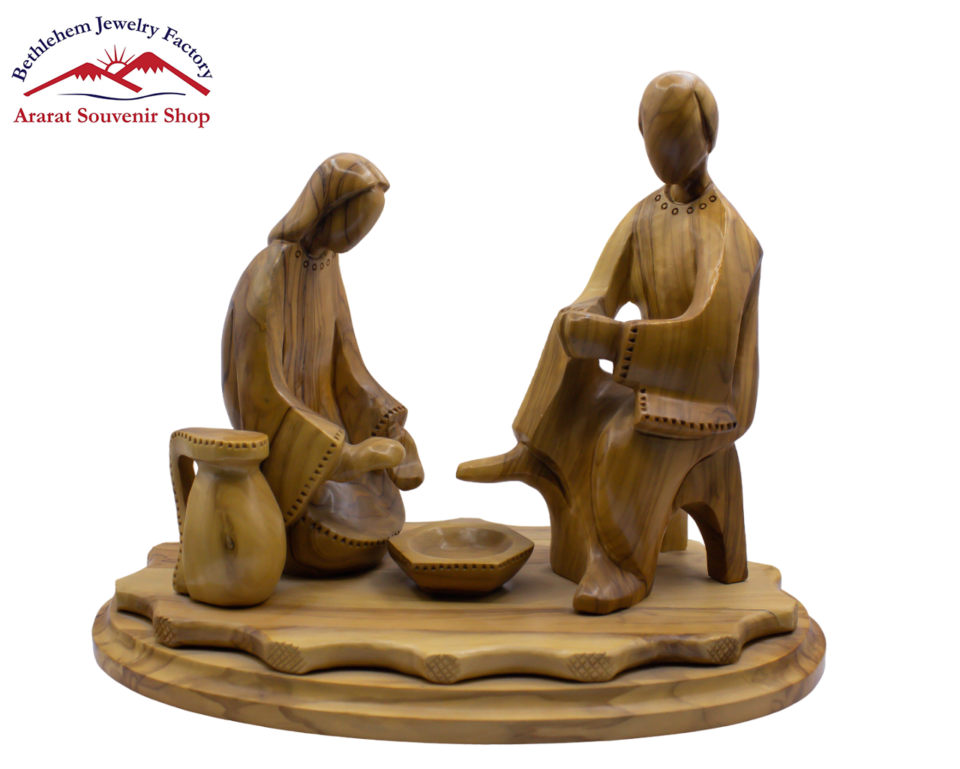
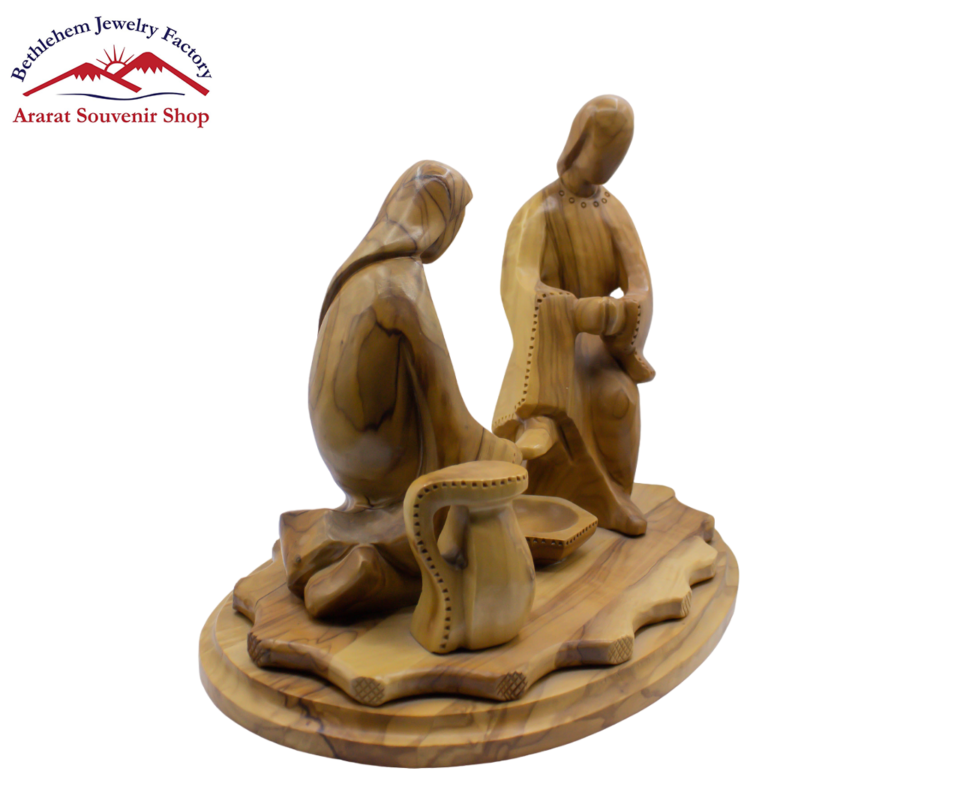
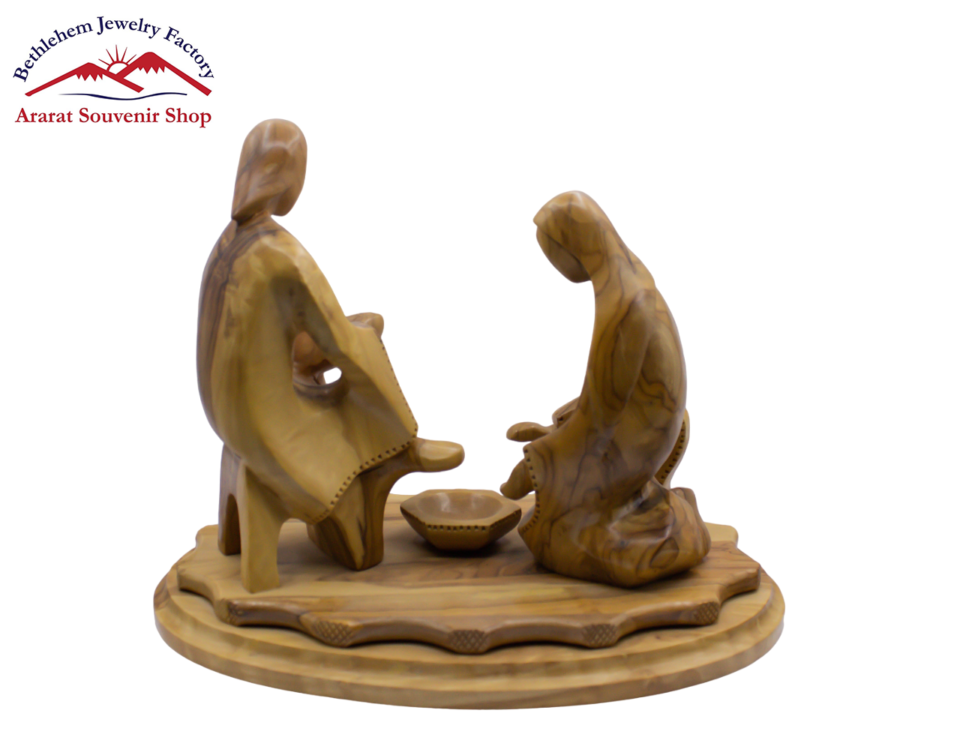
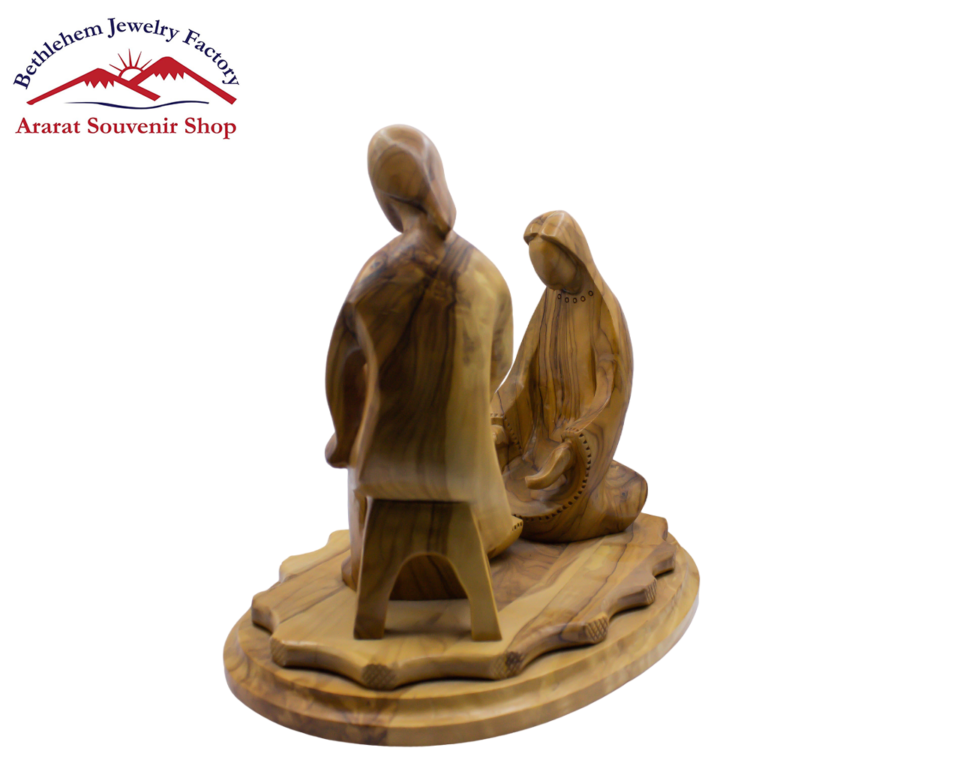

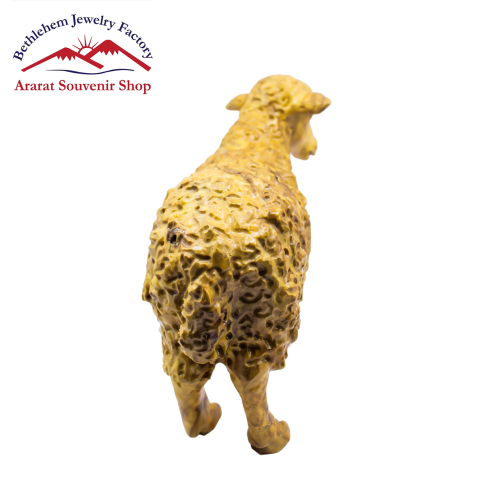






Reviews
There are no reviews yet.